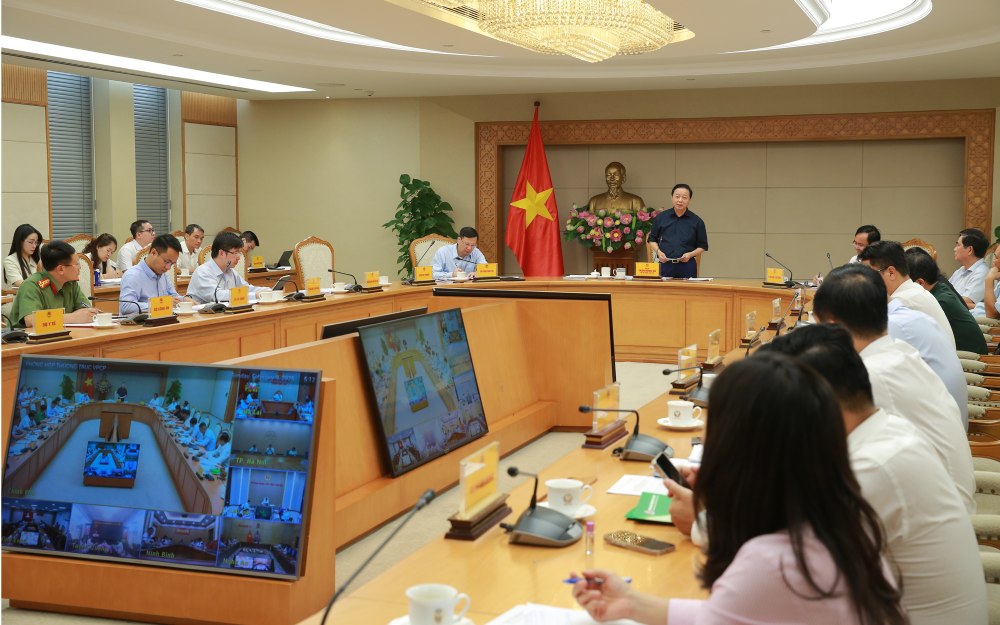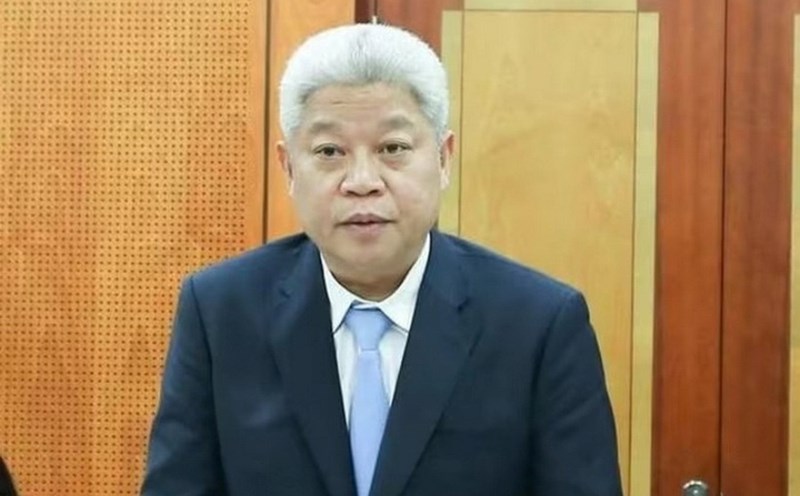On September 12, at the Government Headquarters, Deputy Prime Minister Tran Hong Ha chaired a meeting to give opinions on the report proposing investment policies for the national target program on new rural construction and sustainable poverty reduction for the period 2026-2035 (target program); draft Decree regulating multidimensional poverty standards for the period 2026-2030.
Concluding the meeting, the Deputy Prime Minister requested that the document development process must be based on the results of summarizing and evaluating the implementation results of the two programs on new rural construction and sustainable poverty reduction recognized by the people and the international community.
However, the implementation of the two programs on new rural construction and sustainable poverty reduction still has some limitations such as: Split too many projects, issued many mechanisms, and the same capital source but spread out, causing low efficiency.
In some places, there is a budget but it is not disbursed, cannot be implemented, causing waste. The apparatus and the number of guiding documents are too large, making procedures more cumbersome and reducing implementation efficiency.
"We must frankly draw lessons to promote initiatives and overcome shortcomings in the coming period," said the Deputy Prime Minister.
Regarding the multidimensional poverty standard, the Deputy Prime Minister stated that this is an international standard recommended by the United Nations Development Program (UNDP), which countries can flexibly apply depending on institutional conditions and development level.
The Ministry of Agriculture and Environment needs to closely follow issued standards, and at the same time rely on official statistics from national statistics agencies to determine the minimum income level.
On that basis, calculations are in line with the development goal by 2030, ensuring that the average income per capita is increased, and poor households must also enjoy the common achievements of the country. The poverty standard is not a "hard index" but needs to be flexibly adjusted at each stage.
In addition to income factors, groups of indicators on education, healthcare, employment, information, basic services... also need to be reviewed. The Deputy Prime Minister proposed adding an index on the ability to adapt to natural disasters, floods, etc. because "there is only a big storm, a big flood, many households can fall back into poverty. This is a direct factor that determines sustainability in poverty reduction".

Regarding the classification of subjects, the Deputy Prime Minister said that it is necessary to continue to maintain three groups: Poor households, near-poor households and households with average income. The group of households with average incomes needs attention because this is an easy threshold to fall back into poverty, requiring timely prevention and support policies.
Regarding implementation, the Deputy Prime Minister requested that decrees and documents not only set standards but also design specific mechanisms, policies, implementation plans and monitoring and evaluation mechanisms.
At the same time, clearly define the responsibilities of each level, "The Central Government issues standards, the province specifies, the commune organizes implementation". At the commune level, the government, the political system, the Front and the people discuss and decide on necessary work, ensuring "people know, people discuss, people do, people check".
The Deputy Prime Minister also emphasized financial responsibility and assigned the Ministry of Finance to ensure resources, "it cannot be stopped at the general principle, but must clearly define responsibilities and resource mobilization plans".
Giving his opinion on the orientation for new rural construction, the Deputy Prime Minister stated that the new set of criteria must inherit the achieved achievements, while supplementing them to suit the new development stage. The goal is to develop rural areas comprehensively and sustainably, people's lives are increasingly prosperous and happy.
The subjects and areas for implementing new rural construction need to be classified as: Ethnic minority areas, remote areas, specific difficulties; disadvantaged areas but not in ethnic minority areas; areas with development conditions, thereby having different approaches.
"The way to do things must start from the grassroots, promoting the role of the people. Policies and investment capital must be clear, strongly decentralized, and more authority must be given to localities to encourage dynamism and creativity," said the Deputy Prime Minister.











